The 10 worst draft classes in NBA history
It goes without saying, that "worst" is a relative term when talking about a small group of players who enter the professional ranks every year.
The select few who reach the highest level of competition in their sport, and manage to succeed there, are still better than 99% of their amateur peers, regardless of how they end up faring in the pros.
Still, it's fun to compare and contrast -- it helps us distinguish the "merely" good from the great, and the great from the legendary.
We recently counted down the best groups of future standouts to have heard their names called on draft night, so let's have a look at some of the classes which have been largely forgotten to history.
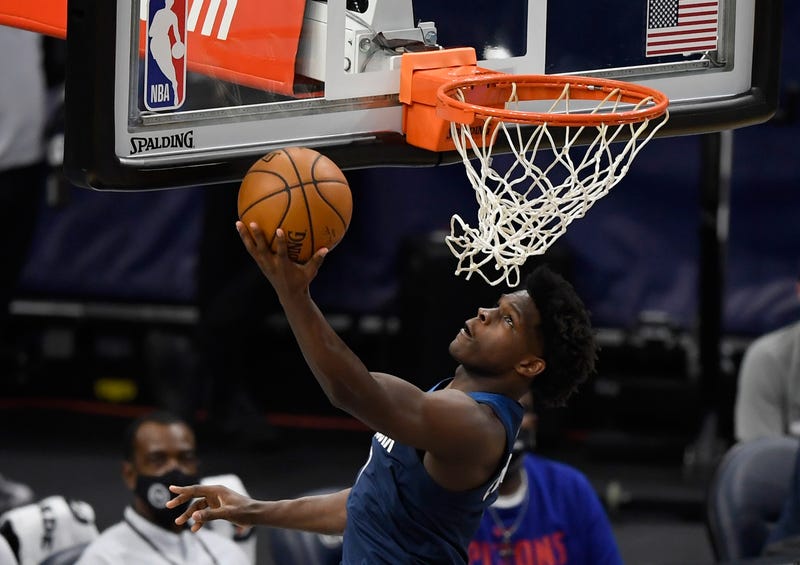
10. 2020
Too soon? Probably, but here we are.
As with anointing the 2018 class as one of the best ever, we hesitate to name this group among the weakest. But the early returns, combined with widespread skepticism at the time, are beginning to paint a discouraging picture.
The big three of Anthony Edwards, James Wiseman and LaMelo Ball should be fine. Edwards flashed generational talent as a 19-year-old rookie; Ball's exciting brand of play earned him Rookie of the Year honors; and Wiseman, too, teased standout potential in limited action when healthy.
The rest of the lottery picks had largely forgettable debuts, though, excepting for Tyrese Haliburton (12), whose mini-slide seemed strange at the time and even more so after his strong rookie campaign.
Several newbs were relegated to minor roles or did little of note with the minutes they were afforded, though, including a few who were thought to be relatively seasoned or otherwise projected to be playable early on.
Patrick Williams (4), Isaac Okoro (5), Obi Toppin (8), Jalen Smith (10), Devin Vassell (11), Kira Lewis Jr. (13) and Aaron Nesmith (14) were mostly either unproductive or barely played, while Onyeka Okongwu (6), Killian Hayes (7) and Deni Avdija (9) missed significant time due to injury.
The back half of the first round looks comparatively stronger, at least in terms of overall value relative to the slot where they were taken, led by Isaiah Stewart (16), Saddiq Bey (19), Precious Achiuwa (20), Tyrese Maxey (21), Immanuel Quickley (25), and Payton Pritchard (26).
We expect the law of averages to kick in, and at least a few of the early strugglers will right the ship. Some played all or part of the season as teenagers, so, again, patience is warranted. We'd also be remiss if we didn't point out that these players entered the league under unprecedented circumstances amid the global pandemic, which surely hindered their development.
But, the early returns are mostly underwhelming thus far, and in some cases, the path to success seems narrower.
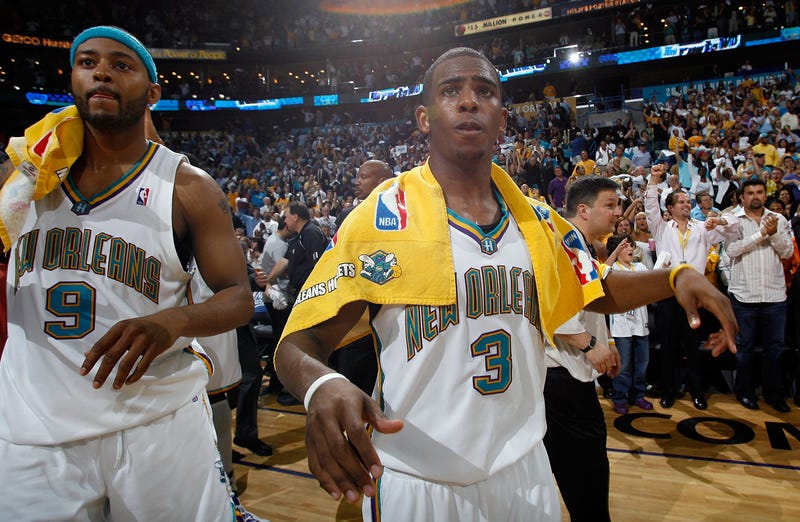
9. 2005
A quick glance at the first handful of players off the board -- including a surefire future Hall of Famer in Chris Paul (4) -- could be a bit misleading.
Andrew Bogut (1) turned out to be a strong defender and rim protector, but it took him a few years to figure it out, and he was pretty one-dimensional. Five-time All-Star Deron Williams' (3) prime seemed relatively short-lived, with injuries and inconsistency derailing what could have been a longer and more fruitful career.
After them, only Andrew Bynum (10), Danny Granger (17) and David Lee (30) ever received All-Star nods, with Lee being the only two-timer among them.
The lottery stands out as one loaded with former UNC Tar Heels, fresh off their national title the preceding spring. However, Marvin Williams (2), Raymond Felton (5), Sean May (13) and Rashad McCants (14) never quite lived up to their championship-level production from Chapel Hill.
The second half of the first round and the second round did yield a handful of memorable journeymen who enjoyed varying degrees of success, though, including high schooler Gerald Green (18), national title winner Hakim Warrick (19), 11-year-veteran turned exhibition boxer Nate Robinson (21), Jarrett Jack (22), Ersan Ilyasova (36), Ronny Turiaf (37), Monta Ellis (40), bucket-getter extraordinaire Lou Williams (45), Andray Blatche (49), Amir Johnson (56), and Marcin "The Polish Hammer" Gortat (57).
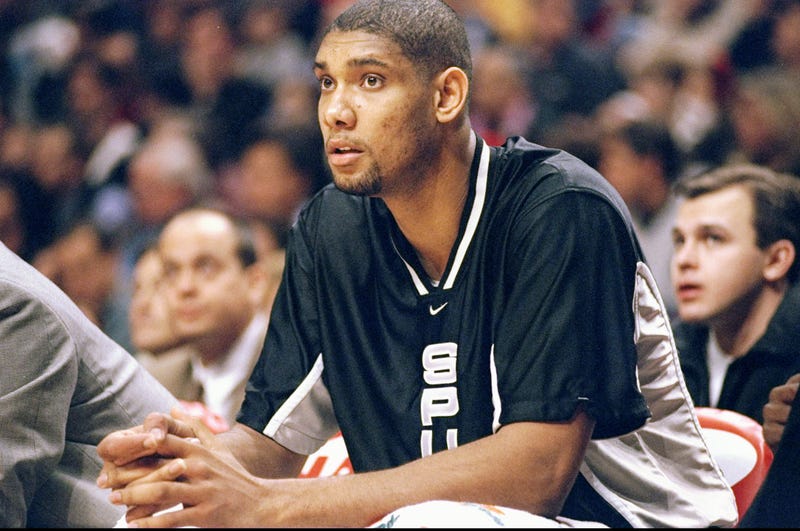
8. 1997
Sandwiched between two of the best classes in history, comes the mostly forgettable class of '97.
"Mostly" is the operative word here, since two future Hall of Famers were selected this year, in Tim Duncan (1) and Tracy McGrady (9), who needed several years to develop after being drafted out of high school. The only other All-Star, though, was Chauncey Billups (3), and he too needed some time to find his footing in the league.
While several other lottery picks including Keith Van Horn (2), Antonio Daniels (4), Tim Thomas (7), Danny Fortson (10), Austin Croshere (12), Derek Anderson (13) and Maurice Taylor (14) were far from busts, they didn't exactly set the world on fire either.
The second half of the first round and second round didn't produce many players of note either, with a couple exceptions including former Kings standout Bobby Jackson (23) and Stephen Jackson (42).
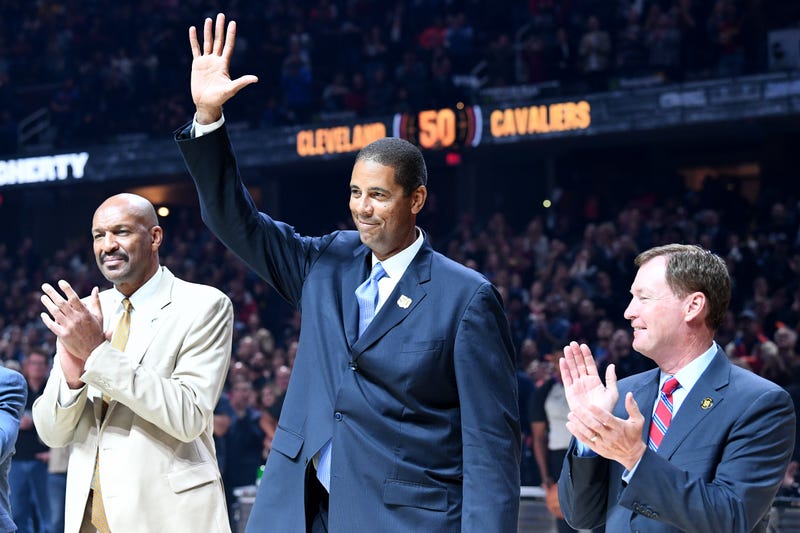
7. 1986
The draft of '86 was most notably marred by tragedy, with two star players whose lives ended far too soon.
First, of course, was Celtics pick Len Bias (2), who died of a drug overdose just two days after he was drafted without ever having taken the floor in the NBA. The other was third-rounder Drazen Petrovic, who finally arrived in the NBA from present-day Croatia in 1989-90 with the Blazers, and later perished in a car crash in Germany in 1993, coming off two breakout seasons with the Nets. Petrovic was later enshrined in the Hall of Fame.
That aside, top overall pick Brad Daugherty was a five-time All-Star before his career was cut short by injury, but the rest of the first round had relatively few notables except for a few journeymen of yesteryear such as Chuck Person (4); Kenny Walker (5), perhaps best known for his awesome high-top fade; Bulls titles contributor Ron Harper (8); Pistons "bad boy" turned analyst John Salley (11); and sharpshooting Curry family progenitor Dell Curry (15).
Strangely, the remaining All-Stars after Daugherty all came in the second round. Mark Price; all-time heist and future Hall of Famer Dennis Rodman; Kevin Duckworth; and Jeff Hornacek, all were taken after the first, which spanned only 24 picks back then.
Rodman was the only Hall of Famer for his performance in the NBA, though he is joined there by Petrovic as well as Arvydas Sabonis, who, like Toni Kukoc, was arguably recognized more for his accomplishments overseas than in the NBA, where he never earned an All-Star nod.
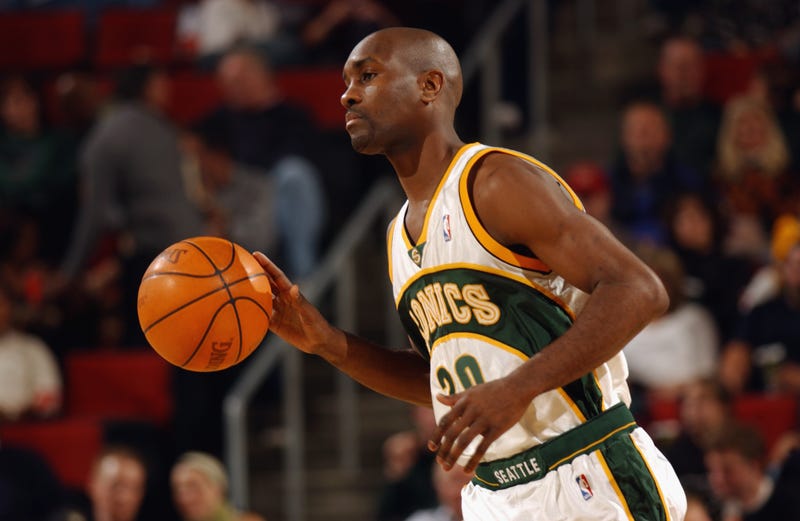
6. 1990
The hot tub time machine takes us back to the first year of the 90s decade, where future Hall of Famer Gary Payton (2) would go on to cement his status as an all-time great.
Joining him in Springfield was 2021 selectee Kukoc (29), perhaps more because of his contributions to the game internationally -- his winning ways earned him 11 combined championships in the NBA and abroad -- than has NBA stats alone might warrant. Kukoc, however, didn't suit up for the Bulls until 1993-94, three seasons after he was drafted, and like Sabonis, he was never selected to an All-Star Game in the NBA.
However, much of the rest of the lottery, and beyond, was marked by unrealized potential and specialists.
Derrick Coleman (1) won Rookie of the Year and later earned an All-Star nod, but he seemed to peak early and couldn't sustain that level of play consistently. Mahmoud Abdul-Rauf (3) was a solid starter and ahead of his time in refusing to stand for the national anthem, but the league's poor handling of the situation surely hurt his career. Dennis "3-D" Scott (4) presaged the NBA's 3-point revolution but was fairly one-dimensional, and Kendall Gill (5) had a silky smooth game and was regularly among the league leaders in steals in his prime, though he too was never an All-Star.
First-rounders Tyrone Hill (11) and Jayson Williams (21) were the only other first-round All-Stars after Payton and Coleman, while second-rounders Antonio Davis (45) and future Slam Dunk Contest champion Cedric Ceballos (48) also received All-Star nods.
Aside from them, though, there's a lot of guys you've probably never heard of.
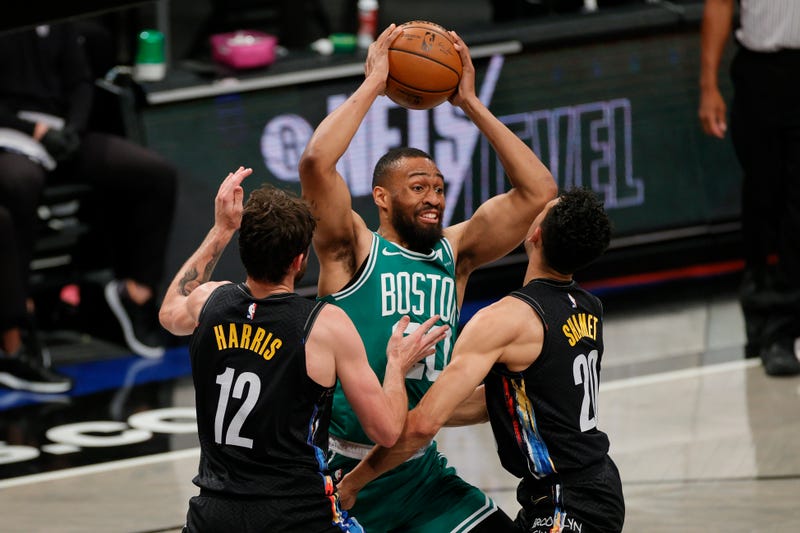
5. 2014
This top end of this group looked promising early, but the shine has worn off some in recent years, such that a handful of players taken later on probably should have come off the board a lot sooner than they did, at least with the benefit of hindsight.
Andrew Wiggins' (1) athletic dynamism hasn't translated to consistent on-court excellence, while Jabari Parker (2) has been hampered by injury and perhaps lack of an outside game. Joel Embiid (3) is an MVP threat when healthy, and stands out as one of the two best players in his class. Aaron Gordon (4) is a useful player but doesn't yet have an All-Star nod, ditto Marcus Smart (6), Elfrid Payton (10), Doug McDermott (11), Dario Saric (12) and TJ Warren (14). The other All-Stars taken in the lottery were Julius Randle (7), who needed several years to find a home and flourish, and Zach LaVine (13), who turned out to be a minor steal.
The late first round and second round had several nice value picks, most notably Nikola Jokic (41), who is on a Hall of Fame pace and will go down as an all-time steal.
Also taken in that range were Jusuf Nurkic (16), Rodney Hood (23), Shabazz Napier (24), Clint Capela (25), Bogdan Bogdanovic (27), Kyle Anderson (30), Joe Harris (33), Spencer Dinwiddie (38), Jerami Grant (39), Dwight Powell (45), Jordan Clarkson (46) -- all solid contributors, but not stars, either.
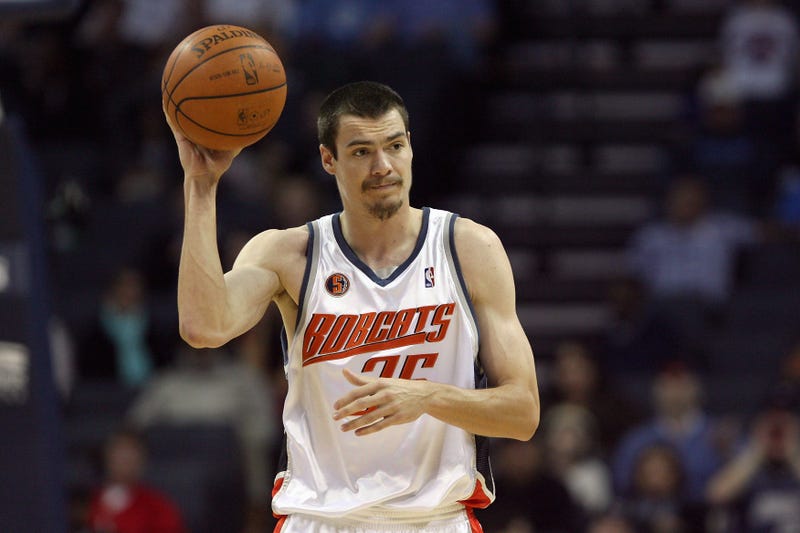
4. 2006
The 2006 lottery was one of the weaker in recent memory, including Andrea Bargnani (1), Adam Morrison (3), Tyrus Thomas (4), Shelden Williams (5), Patrick O'Bryant (9), Mouhamed Sene (10), Hilton Armstrong (12), and Ronnie Brewer (14).
Only five future All-Stars were taken in the entire draft, none of whom can be considered surefire Hall of Famers, including LaMarcus Aldridge (2); Brandon Roy (6), whose budding career was hampered by injuries; Rajon Rondo (21); Kyle Lowry (24), who seems to be aging like fine wine; and second-round steal Paul Millsap (47).
Other notables include Rudy Gay (8), JJ Redick (11), Thabo Sefolosha (13), PJ Tucker (35), and Daniel Gibson (42).
But, on balance, this class was light on productive future pros, to put it mildly.
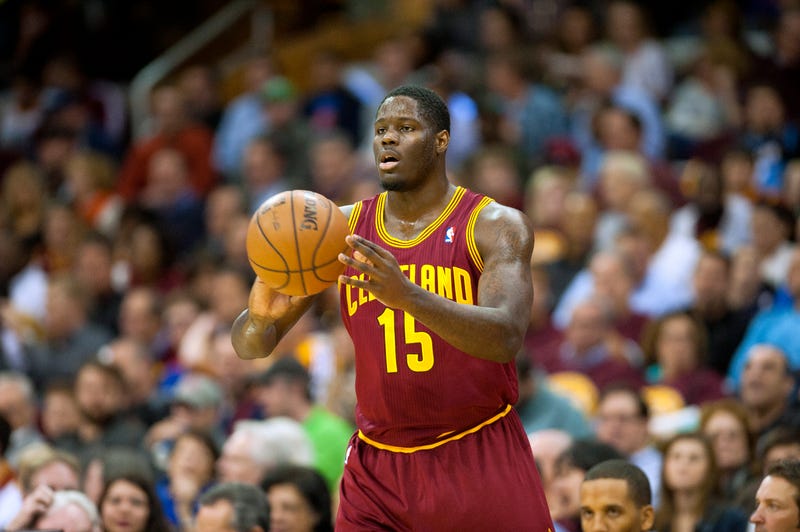
3. 2013
The class of '13 is sometimes cited as the weakest, and while it's true that it's noticeably light on premium talent up top, the benefit of hindsight and letting some of the players find their roles later in their careers has saved it from that dubious distinction, at least in our estimation.
Anthony Bennett (1) was undoubtedly a major disappointment, but almost every player taken after him in the lottery is still in the league and playing at least semi-regularly -- the exception being Shabazz Muhammad (14) -- including a former All-Star in Victor Oladipo (2), who had finally realized his potential before injury got in the way in recent years.
The only other future All-Stars to date were two-time MVP Giannis Antetokounmpo (15), an all-time draft heist who is on pace to stroll into the Hall of Fame barring the unforeseen, as well as three-time Defensive Player of the Year Rudy Gobert (27).
Other first-round notables include Otto Porter Jr (3), Cody Zeller (4), Alex Len (5), Nerlens Noel (6), Ben McLemore (7), Kentavious Caldwell-Pope (8), Trey Burke (9), CJ McCollum (10), Michael Carter-Williams (11), Steven Adams (12), Kelly Olynyk (13), Dennis Schroder (17), Tony Snell (20), Gorgui Dieng (21), Mason Plumlee (22), Solomon Hill (23), Tim Hardaway Jr. (24), Reggie Bullock (25), and Andre Roberson (26).
Again, no one's idea of a Dream Team, but all are useful players who have played at least semi-regularly in recent years.
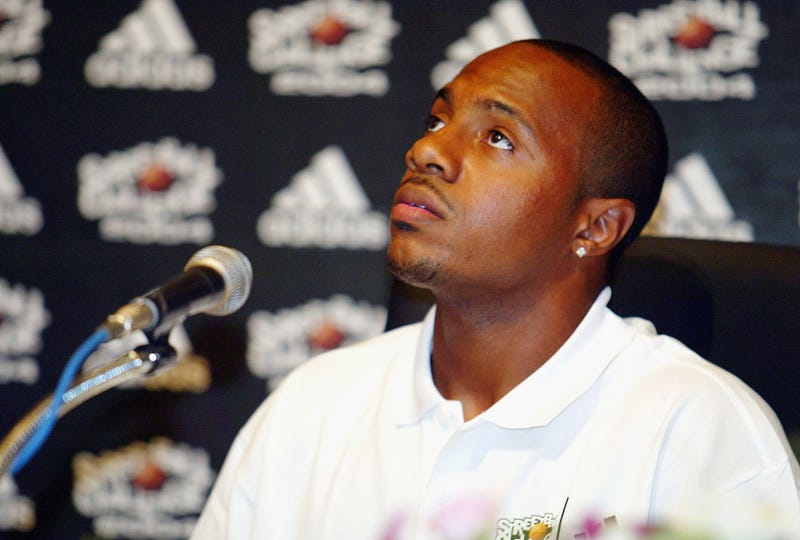
2. 2002
The year that preceded the arrival of King James wasn't much to write home about, with just a few notable exceptions.
The Rockets nailed it on Yao Ming (1), who was an All-Star in each of the eight seasons he was active, although even he struggled with injuries and retired from the league at age 30. Amar'e "STAT" Stoudemire (9) had a long, productive career, including multiple All-Star nods, ditto Caron Butler (10) and second-round steal Carlos Boozer (35).
Elsewhere in the lottery, Mike Dunleavy Jr. (3), Drew Gooden (4) and Nene Hilario (7) had long, decent careers, but were hardly anyone's idea of stars, and Jay Williams' (2) career was sadly cut short by a costly motorcycle crash.
Outside of that, it was pretty slim pickings. Tayshaun Prince (23) won a title as a starter with the Pistons, while Matt Barnes (46) played 14 seasons, and Luis Scola (56) was a solid starter for several years.
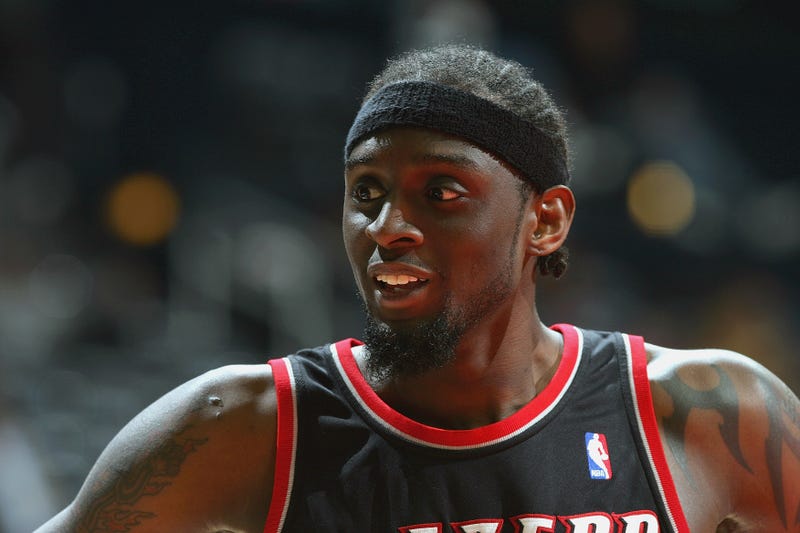
1. 2000
Y2K was none too kind for teams looking to restock the cupboard through the draft.
Only three future All-Stars were selected, one of them, Michael Redd (43), going in the middle of the second round. The others, Kenyon Martin (1) and Jamaal Magloire (19) each received just one nod.
Much of the rest of the lottery is memorable for a litany of guys who were way better in "NBA Street" for PS2 than they were in real life, such as Stromile Swift (2), Darius Miles (3), Marcus Fizer (4), DerMarr Johnson (6), Chris Mihm (7), Joel Przybilla (9), Keyon Dooling (10), Etan Thomas (12), Courtney Alexander (13), and Mateen Cleaves (14), who had won a national title and Final Four Most Outstanding Player Award the preceding spring with Michigan State.
The late first round and second round weren't any better. Woof.
LISTEN on the Audacy App
Sign Up and Follow Audacy Sports
Facebook | Twitter | Instagram
